Archive for December 2022
The Relation Between Gendered Racial Microaggressions and Traumatic Stress Among Highly Educated Black Women
Frustration in the Classroom: Causes and Strategies to Help Teachers Cope Productively
Genome-by-Trauma Exposure Interactions in Adults With Depression in the UK Biobank
The work lives of disabled teachers: revisiting inclusive education in English schools
What does the Autumn Statement mean for households on low incomes?
Factors associated with polypharmacy and the high risk of medication-related problems among older community-dwelling adults in European countries: a longitudinal study
‘The girls are out there’: professional perspectives on potential changes in the diagnostic process for, and recognition of, autistic females in the UK
2022 Review of the Annual Reports and Other Matters of the Office of the Advocate for Children and Young People and the Office of the Children’s Guardian [Australia]
Exploring the views of UK regional primary care practitioners on the use and role of screening tools for learning disabilities in their services
Sociology of homosexuality in twenty-first-century China
Developing and promoting social work practice research
Personal privacy VS. public safety: A hybrid model of the use of smart city solutions in fighting the COVID‐19 pandemic in Moscow
Values in times of crisis: Strategic crisis management
Healthcare-seeking behaviour of marginalised older people in urban slums: a cross-sectional survey study in Khulna City, Bangladesh
From the identification of biopsychosocial risk factors to an increase in pain-related self-efficacy (IDRIS) – The online-based conveyance of an explanatory model for chronic back pain: Study protocol of a cohort multiple randomized controlled trial
Self-Recognition, Self-Efficacy, and Confidence Intervention of Kunjing Children Without Sufficient Parental Care
Transcranial Pulse Stimulation for Depression
Age-Adjusted Rates* of Alcohol-Induced Deaths,† by Urban-Rural Status§ — United States, 2000–2020
Sex, Meth and HIV
Mental disorder, psychological problems and terrorist behaviour
Treating mental illness with electricity marries old ideas with modern tech and understanding of the brain
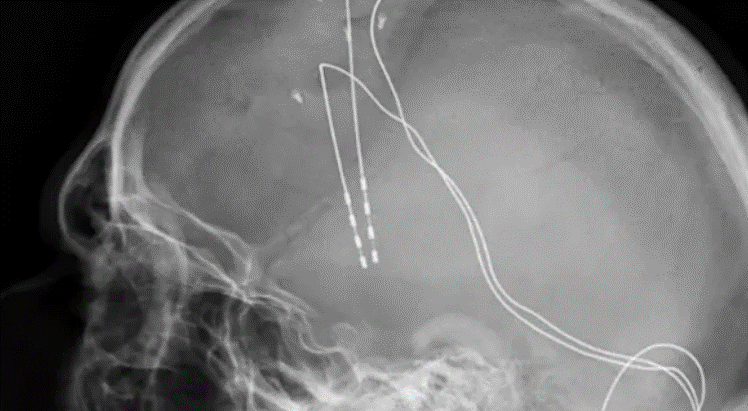
Psychosocial assessment following self-harm: A clinician’s guide
How Hospice Became a For-Profit Hustle
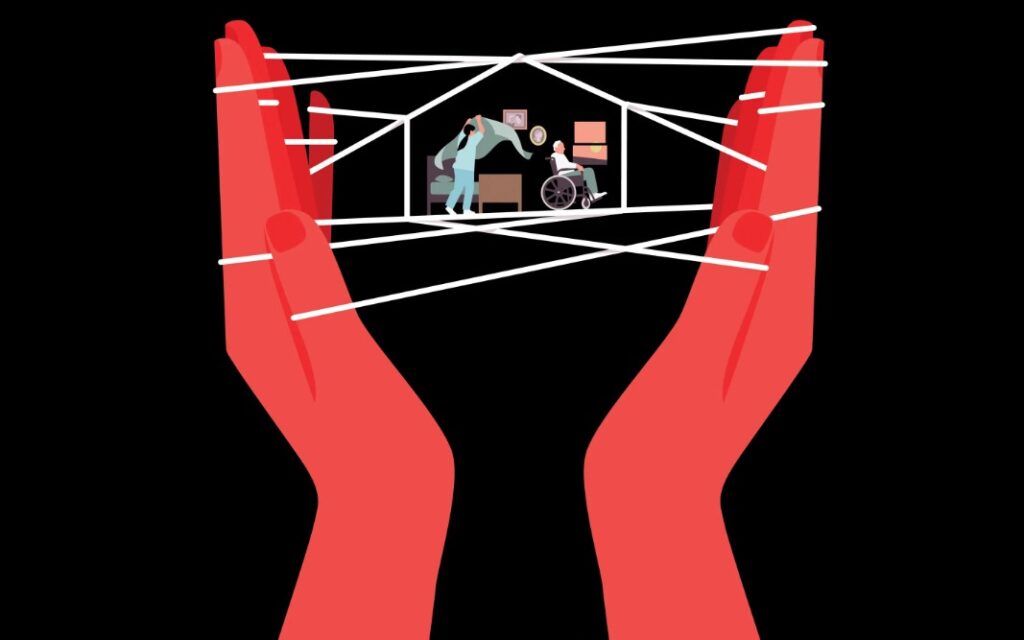
Community social work in Scotland
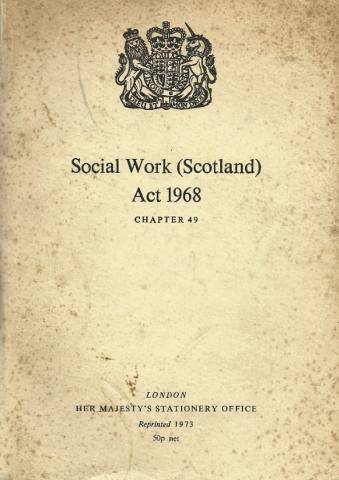
Understanding the cost of addiction in Australia
Abortion Surveillance — United States, 2020
Who Will Care for Rural Older Adults? Measuring the Direct Care Workforce in Rural Areas
An Orgy of Thieves

Neoliberalism, that catch-phrase of our time, is one of those squishy words that resists a simple definition, but everyone feels its meaning as they struggle to pay the rent, put off going to the doctor, gasp for breath in rotten air or see their sons and daughters shipped off to fight distant wars for oil or lithium. Neoliberalism is nothing less than capitalism’s latest and perhaps cruelest manifestation. It arrived stealthily in America under the seemingly benign grin of Jimmy Carter, kicked into gear under Reagan, and reached maximum speed during the Clinton era, when the legacy of FDR was dismantled and its government pastures were sown with deregulationist salt so it would never take root again. Cockburn and St. Clair were there to cover this economic warfare from the frontlines—from NAFTA to the gutting of welfare, the drug war to the Wall Street bailouts. These dispatches from the wreckage document how a generation of political do-gooders cut the cords of the social safety net, letting millions fall into destitution “for their own good,” as the wealthiest among us fattened their bank accounts in a frenzy of accumulation, an orgy of thieves.
Many Jails Are As Full As They Were Before COVID-19 Pandemic
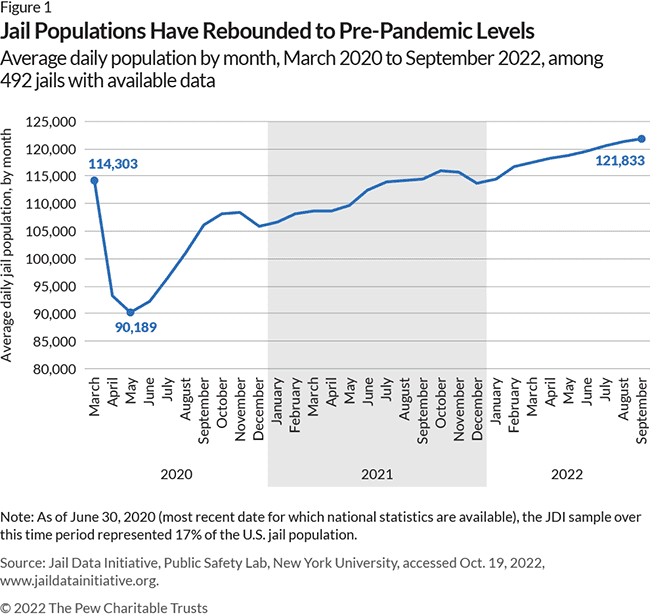
The Development and Validation of the Heterosexism Erasure Scale
Correlations of alcohol consumption amongst marialionceros in Venezuela
Screening, Assessing, and Treating Pregnant Women with Substance Use Disorder
No Sex in Social Work: (the Lack of) Human Sexuality Courses in US Social Work Education
Together in care: Lessons learned at the intersection of integrated care, quality improvement, and implementation practice in opioid treatment programs
Technology-based and digital interventions for intimate partner violence
Music festival drug checking: evaluation of an Australian pilot program
The Older Workers and Retirement Chartbook
Uncovering hidden opinions: social norms and the expression of xenophobic attitudes
Neoliberalism can reduce well-being by promoting a sense of social disconnection, competition, and loneliness
QuickStats: Death Rates for Drug Overdose Among Persons Aged 25-44 Years, by Race and Ethnicity- United States, 2000-2020
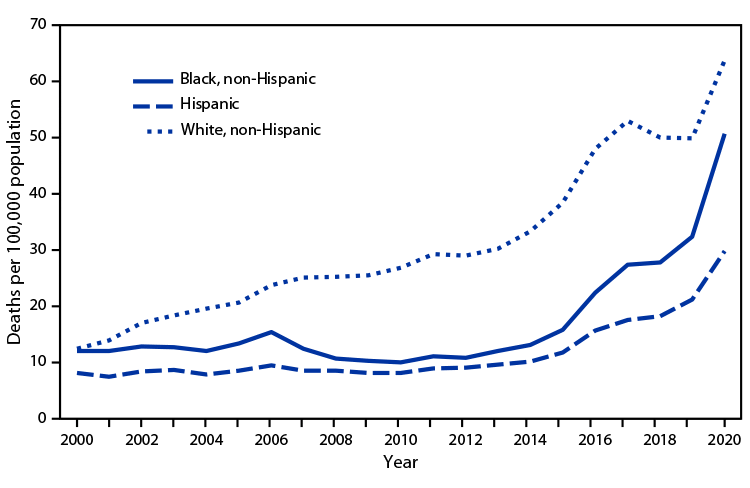
Science Against the People: Anti-Capitalist Science
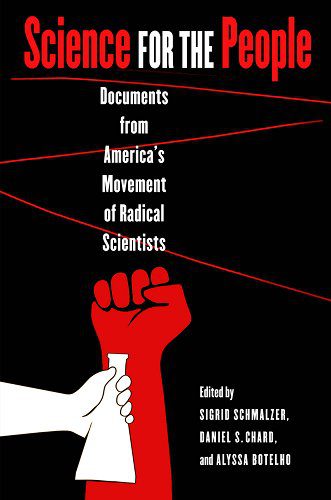
High-Priority Evidence Gaps for Clinical Preventive Services
Outreach programs to improve life circumstances and prevent further adverse developmental trajectories of at-risk youth in OECD countries
Centering public impact scholarship among social work scholars to promote and contribute to the United Nations sustainable development goals
How do health care services help and hinder recovery after a suicide attempt? A qualitative analysis of Finnish service user perspectives
The Routledge Handbook of International Critical Social Work

Resist, Organize, Build

What is the role of an Assistant Research Practitioner in a mental health trust? Tamsin explains…